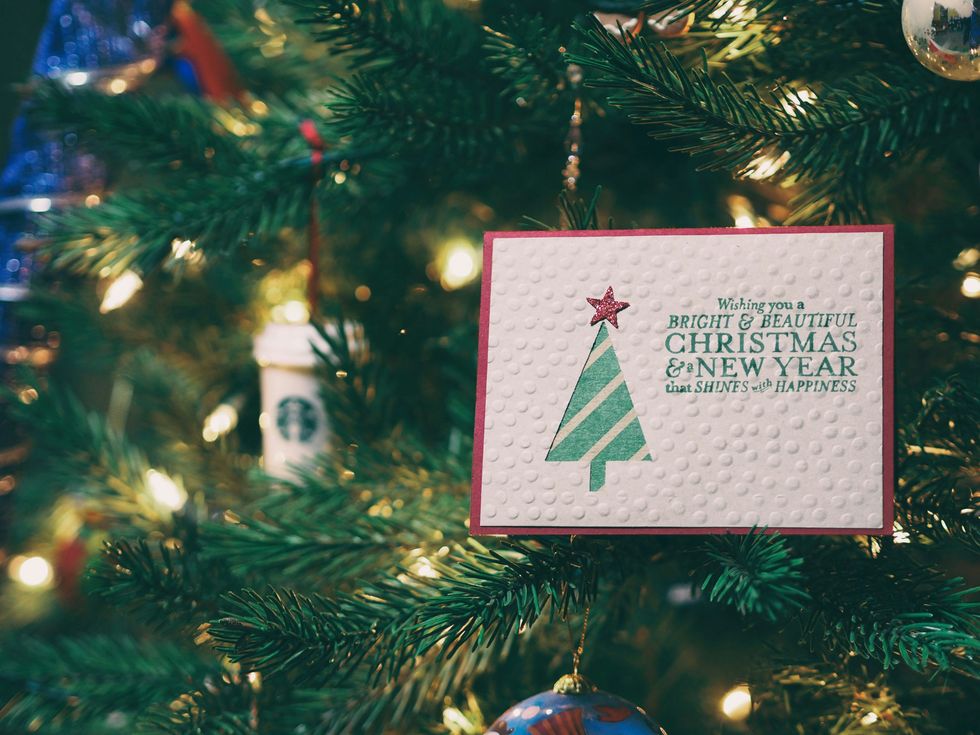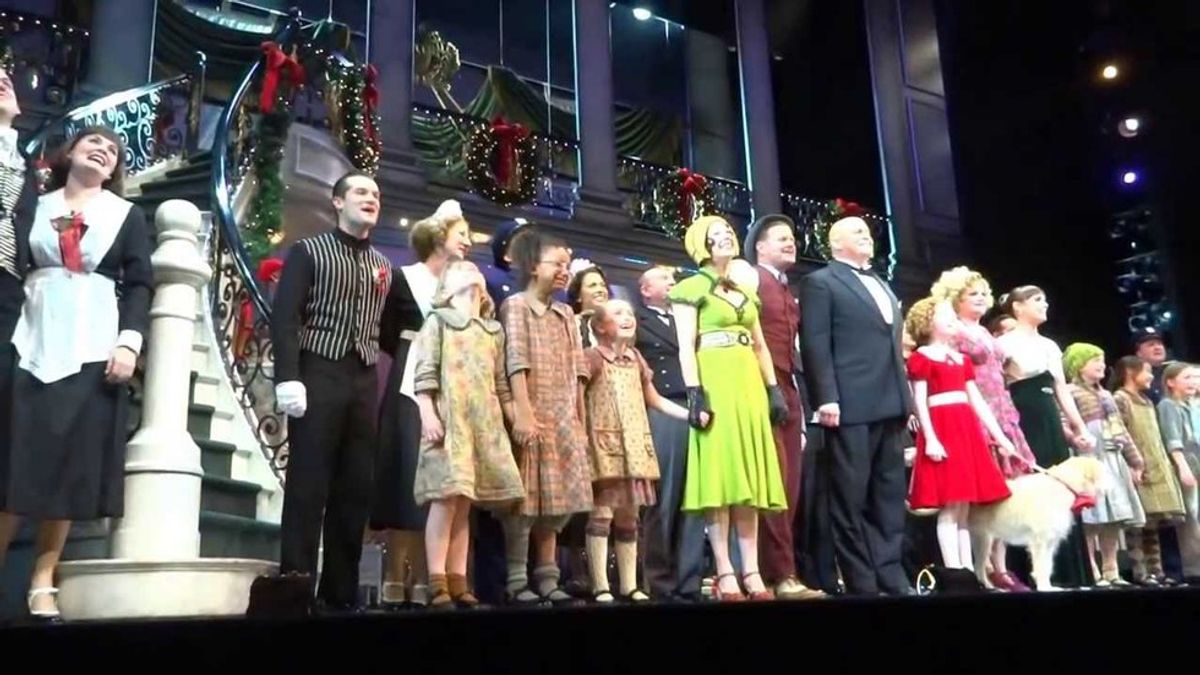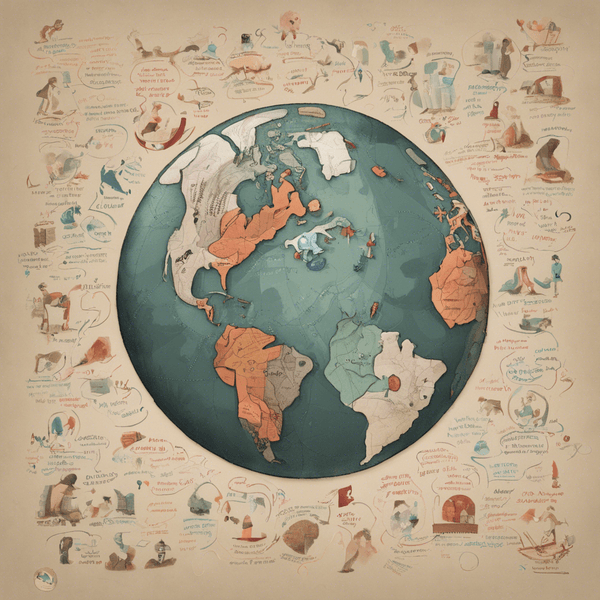As technology evolves so does the English language. Recently, the Merriam-Webster dictionary has added some new words to the book. Most have come from the our generation, the millennials, and our elders are probably all hot and bothered by it.
A few of the words included are emoji, photobomb and meme. As college students, we are familiar with these words. However, most of the older generation is not, and I'm willing to bet they're a little irritated by these generational terms making their way into our official language. Words like “emoji," “meme," and “photobomb" seem to come from nowhere, but spend 10 seconds on the internet and you'll see them everywhere. This is something that completely escapes the older generations, because they aren't on the internet as much as we are. My message to our elders is this: change is inevitable. There was a time when terms like "cell phone" and "WiFi" didn't exist, but they do now and we all seem to be all right with it, don't we?
We use these terms to save time, mostly. The fast-paced nature of our generation's communication style is one of the defining features of millennials. Instead of saying, “Oh, they got in the background of my picture and made an ugly face," the lazier generation (us) would say, “Nice photobomb!" It's a funny concept to think that words can just be made up and passed around until they make their way into the dictionary. It reminds me of a book I read as a kid. Many students today may not have had to read the book Frindle when they were younger, but it centered on a young boy and his clever mind. It was a tale written about a little boy who continues to refer to his pen as a "frindle," and soon enough all the students begin to adopt the new name for it. Then, years later, "frindle" makes its way into the dictionary. So here comes the next question: who decides what words get to go in the dictionary? Well, Merriam-Webster editors study new terminology carefully. They monitor how it is used, how often, and under what conditions it is used. From there, they decide if it is worthy enough to be in the Merriam-Webster dictionary.
Pretty soon the rest of society will catch up, and words like "meme" won't irritate any of the classical English lovers. Until then, we can just sit back and watch our grandparents squirm at all the "WTFs" and "baes" floating around the internet.



 Christmas and New Year gift card
Photo by
Christmas and New Year gift card
Photo by  butter cookies on plate
Photo by
butter cookies on plate
Photo by  boy holding Holy
boy holding Holy 











